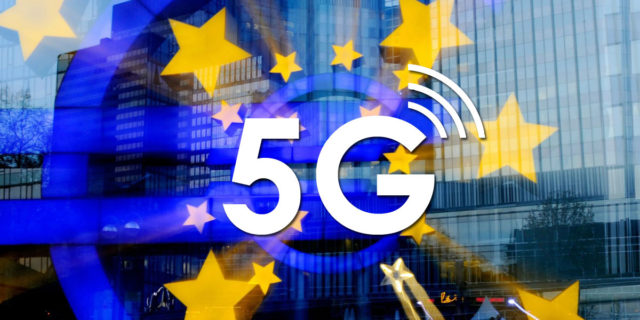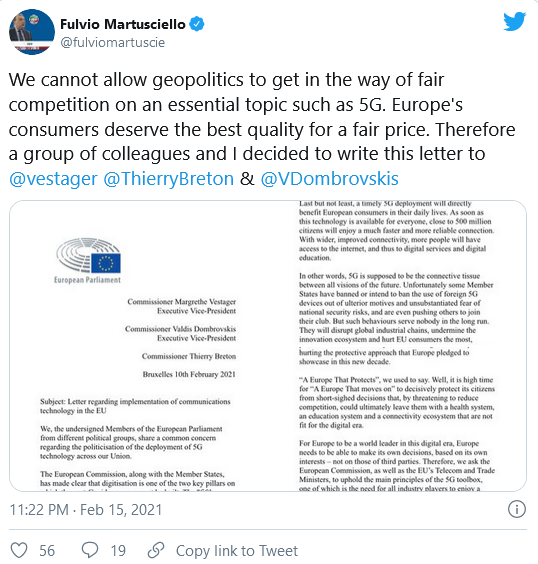
Although commercial 5G was launched around 2019, nations are still building out infrastructure and creating capabilities that could draw companies and make the technology financially viable.

In civil wars and political crises major nations are more active, directly or indirectly, and their decision becomes even more complex due to which almost all the world still has to reap the advantages of the 5G network, but the geopolitical ethnicity for the next major problem is already thickened. The chances could not be higher for businesses and governments. In what some call the next technological revolution, the first to build and intellectual property rights 6G will be the real beneficiaries.
The strategic alliance reflects the way the world was split into competing camps as a result of the 5G fierce competition. Technological developments should be carefully developed, particularly those as groundbreaking and sophisticated as 6G radio communication. We think that countries are unable to start fast enough. It is not possible to launch the private sector fast enough. So that’s why we need campaigns like the Next G Alliance still.
For instance, the issue of how airwaves commuting extremely short ranges can easily penetrate properties such as liquid water or even a piece of cloth must be answered by significant scientific barriers. With multiple access points mounted not only on every lane, but also in every buildings or even every computer residents use to receive and transmit signals, networks can need to be super-duper.
This will pose significant concerns associated with health, data protection and green infrastructure. Hence, the Select committee reaches perhaps the most clear conclusions that the government should learn from its 5G experience and “urgently” prepare a further essential and innovative modern technologies – Cyber and technology standards matter, say “NO” geopolitics!
(Source: https://dwire.eu/5g-and-beyond-a-stronger-digital-industrial-europe )



